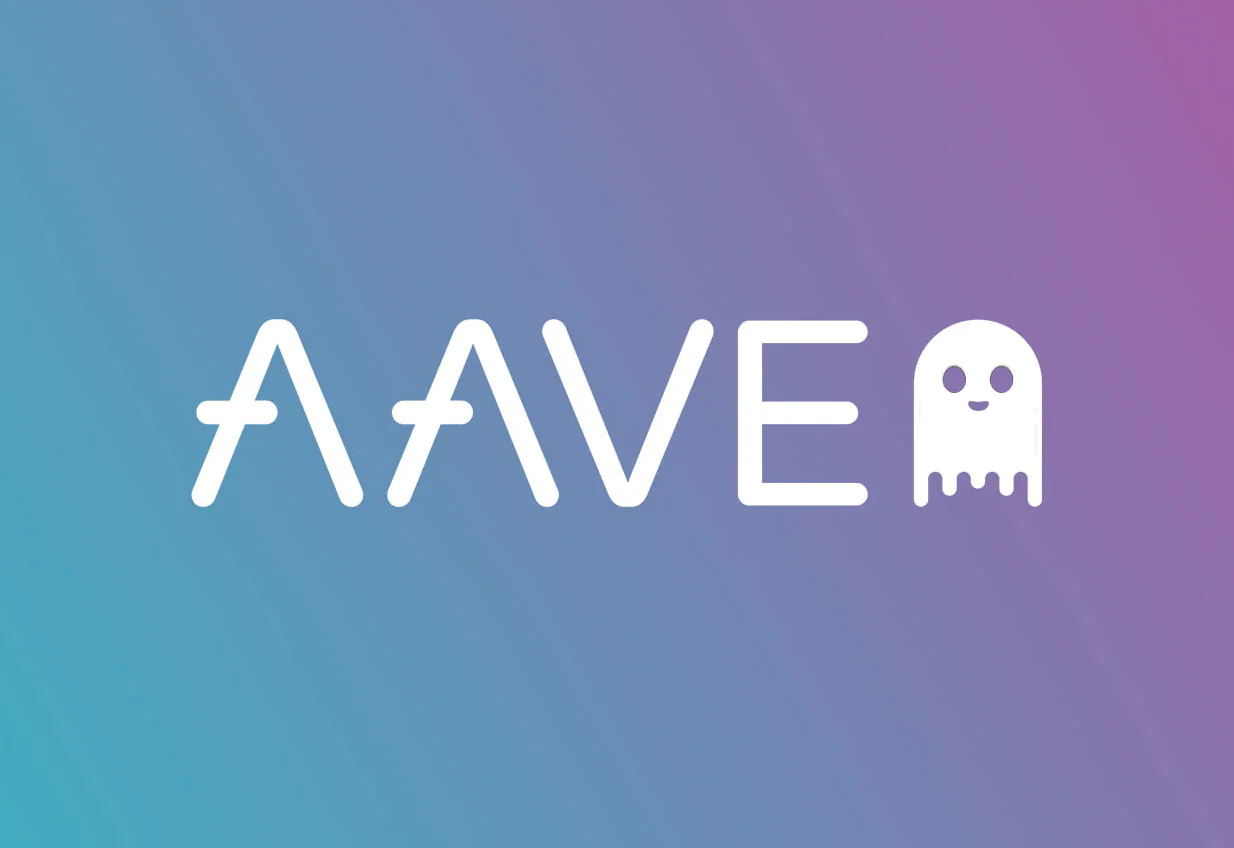Aave’s DeFi lending protocol plans to implement a Proof of Reserves system to protect bridge assets on Avalanche, a decentralized financial instrument on centralized exchanges seeking to strengthen customer confidence after the recent collapse of FTX.
The decentralized autonomous organization Aave approved the Proof of Reserve smart contract from the oracle Chainlink blockchain by more than 99% of votes. This integration will cover versions Aave(v)2 and v3 on the Avalanche blockchain.
Bridged assets are DeFi’s way of moving value between blockchain networks that don’t normally interact with each other. The asset is locked in a smart contract on its home network and then a clone is released on the target network. Aave v3 on Avalanche has bridge versions of DAI, USDT, USDC and other tokens.
However, the described scenario creates some security vulnerabilities and hackers have repeatedly used token bridges for exploits. This year, Axie Infinity’s Ronin network for Web3 games and the Nomad cross-chain protocol faced exploits totaling more than $800 million due to problems in their token bridges.
In accordance with the Aave DAO solution, integration will be implemented using the smart contract aggregator ChainLink PoR to protect tokens in the original Ethereum network, as well as their bridged versions in the target Avalanche network. Max Melcher, head of the Chainlink Labs development department, said that Proof of Reserves allows decentralized technologies to accurately report the value of reserves, rather than trusting it to one of the parties.
The topic of Proof of Reserves is actively discussed in the media after the collapse of the FTX crypto exchange in November due to the growing demands of the entire crypto industry for greater transparency from centralized exchanges.



































